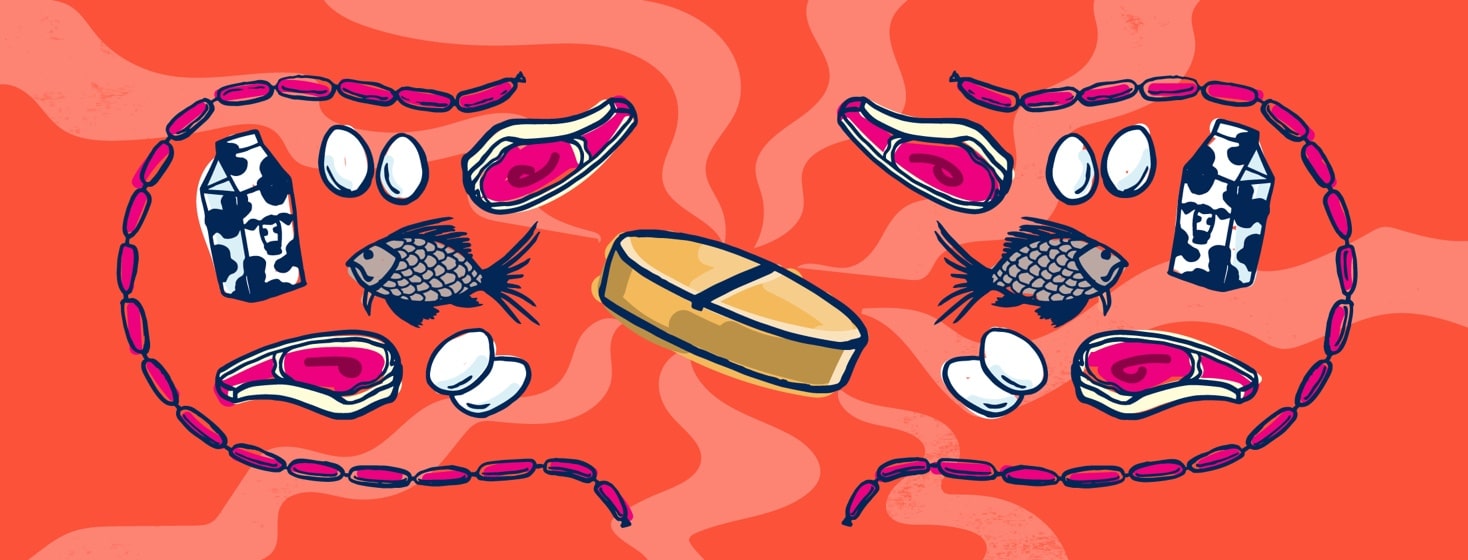Skin Cancer Prevention and Vitamin B3
Researchers believe that nicotinamide, (also referred to as niacinamide and niacin), a form of vitamin B3, could have a protective effect on the skin, possibly reducing the risk for melanoma, especially if you are at a higher risk. They suggest clinical trials to test Vitamin B3 for this purpose in longitudinal studies.1,2,3 Although initial research has had positive results, taking vitamin B3 should not be considered an alternative to standard sun protection.2
The basics of skin cancer prevention
Sunscreen, protective clothing, and shade are all still essential in preventing sun damage and multiple types of skin cancers. The incidence of skin cancer continues to rise. People with fair skin are at highest risk. The need for sun protection has been promoted for years but people still don’t take enough precautionary steps to protect themselves and reduce risks. Sunscreen tends not to be applied properly. It is used in too small amounts and not reapplied how it should be, generally every 2 hours. A tan and sunbathing are still popular and considered acceptable by many when using sunscreen, even though they put you at higher risk for skin cancer.2
What is skin cancer?
Skin cancer is the abnormal growth of skin cells. It most commonly develops on areas of the skin that are exposed to the sun but can also occur on skin that isn’t exposed. The three major types of skin cancer are 1. basal cell carcinoma (BCC), 2. squamous cell carcinoma (SCC) and 3. melanoma. Melanoma is the deadliest form.3 It begins in skin cells called melanocytes, which produce the pigment melanin. These cells help protect the skin from the harmful effects of ultraviolet (UV) radiation.2 This exposure causes damage (photodamage) to the DNA in skin cells that can be a key risk factor for developing melanoma and other skin cancers.2
Sunscreen has been shown to be effective to help reduce the development of both melanoma and SCC in those who use it properly. A broad-spectrum sunscreen, SPF 30+ should be applied before going outside, then reapplied every two hours. Dosage recommendations are 1 teaspoon of sunscreen for each arm, the head, neck, and front and back of your body; and 2 teaspoons for each leg.3
Prevention and vitamin b3 and other health benefits
There are multiple forms of Vitamin B3. They are not interchangeable and have different medical uses. Niacin, also known as nicotinic acid, has cholesterol-lowering properties.
Nicotinamides are derived from niacin and are available in dietary supplements and foods such as milk, eggs, fish, legumes, and meats.2 They are water-soluble and have been shown to have anti-inflammatory effects at pharmacological doses.
It is also indicated for the prevention and treatment of pellagra, which is just a fancy way of saying low vitamin b3. People with pellagra may have low appetite, feel tired and weak, have diarrhea, and mental changes.2 Nicotinic acid has the ability to open blood vessels more, which can cause side effects that include headache, flushing and low blood pressure. That being said, Vitamin B3 has a well-established safety profile and can be purchased over the counter.
Research goals
Study authors suggest that even though sunscreen use is recommended for preventing skin cancer, it's possible that its ability to prevent melanoma is unknown.2 They stress the urgent need for effective options to slow the rise in skin cancers that are affordable and effective. Approaches that are preventative, are easy to use, and non-toxic might help to reduce the incidence and/or recurrence of skin cancers. In studies, administration of vitamin b3 helped repair DNA and reduce the negative effect of UV on the body.
It has been tested in lotion form and as an oral dose. In Australia, results from the ONTRAC study found a 23 percent relative rate reduction in new nonmelanoma skin cancers (BCCs and SCCs) within a 12-month intervention period. The study looked at a dose of 500 mg of B3 twice a day as a mechanism for skin cancer prevention. B3 must be taken constantly, as benefits were lost when participants stopped taking it.3 Nicotinamide may also reduce inflammation, and inflammation can contribute to the development of cancer2 Its use can rebuild energy stores in cells, which are used up by UV exposure. This helps reduce the negative effects of sunlight on the immune system.2 This is important because there is evidence that people who have had skin cancer may be more susceptible to the immunosuppressive effects of the sun.
Benefits of more research
Findings from these studies showed a reduction in new skin cancers in as little as 3 months. The study population experienced no particular differences in effectiveness based on characteristics such as gender, age, number of actinic keratoses (skin lesions), or use of statins and nonsteroidal anti-inflammatory drugs (NSAIDs). The one predictive factor was number of previous skin cancers; those with the most previous skin cancers demonstrated an increase in relative reductions of skin cancers when using nicotinamide. Until now there has been no evidence of effectiveness in the population at large.
B3 has been considered primarily effective in people with multiple previous non-melanoma skin cancers. Broader clinical trials, especially including people with a family history of melanoma, could identify how B3 could help prevent skin cancer. The outlook for using nicotinamides in particular is favorable because of its long standing safety profile, and lack of adverse interaction with most prescription and over-the-counter drugs.

Join the conversation